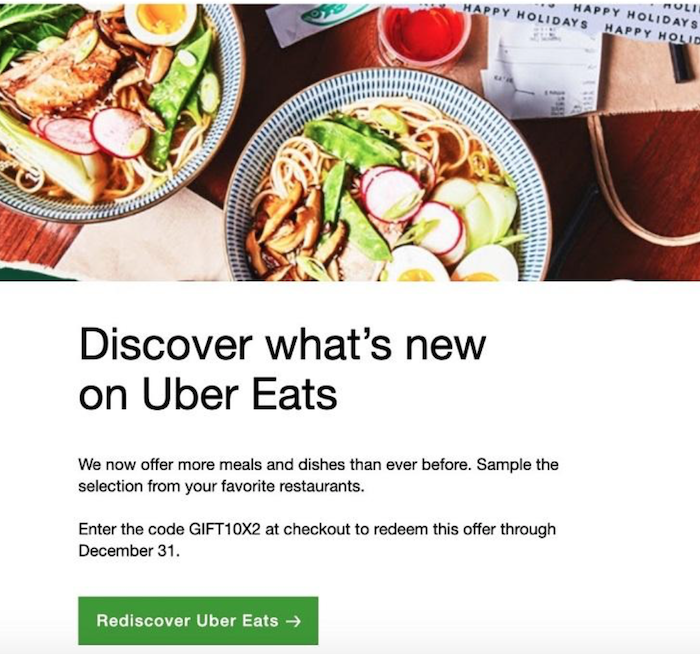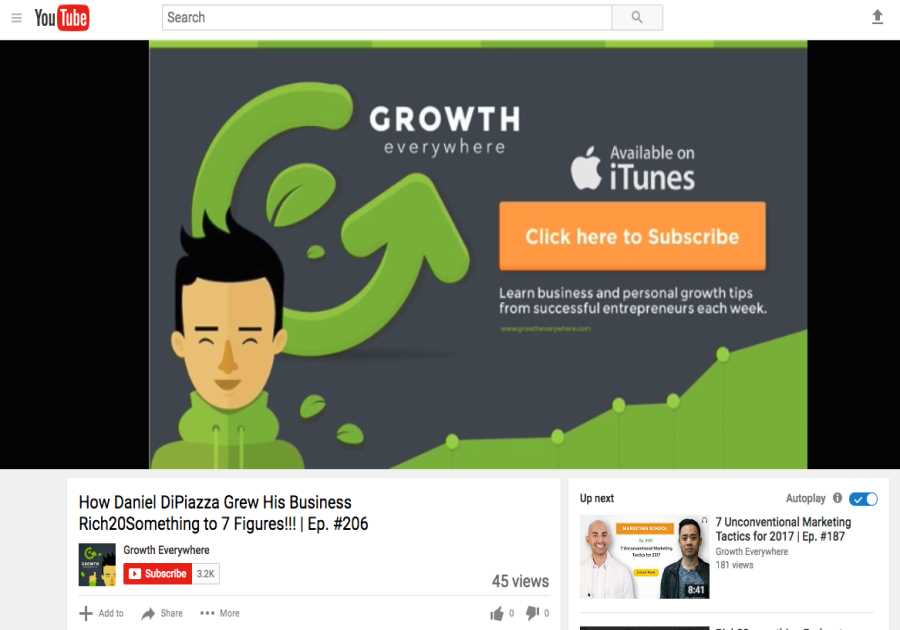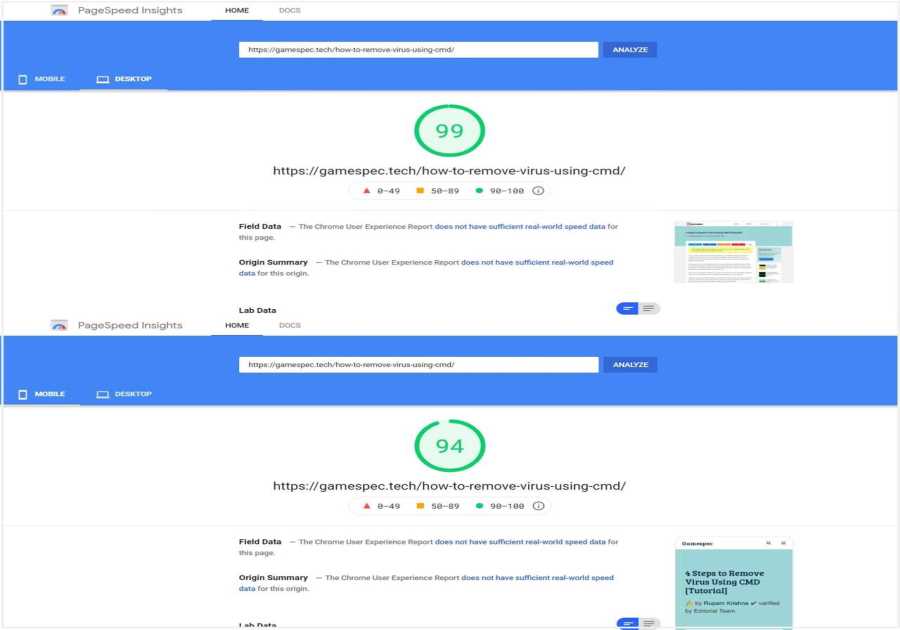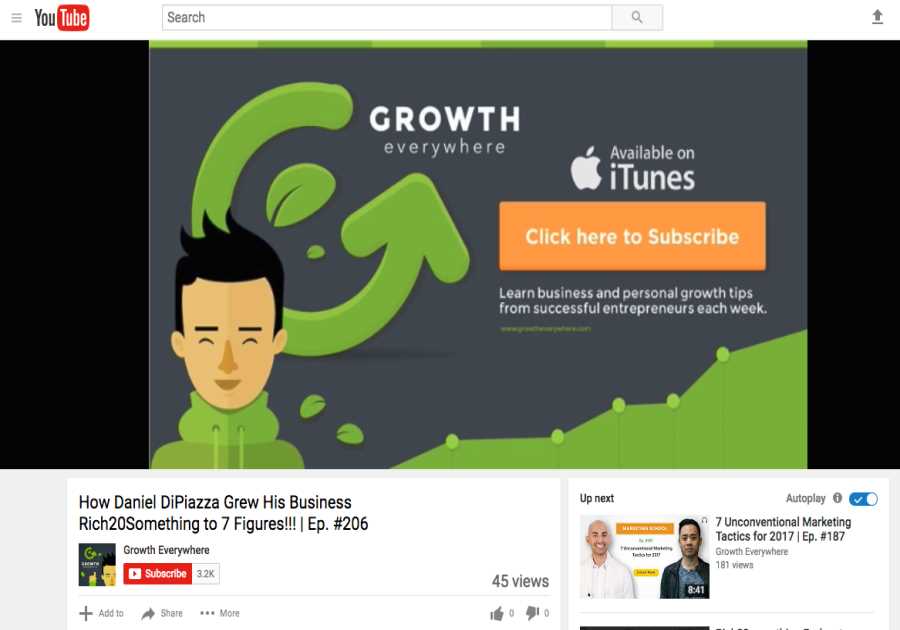
Ever wish you could predict the future? Me too.
If only you could predict what’s shaping business trends, or what your clients need, you could plan and grow your company, right?
Well, there’s good news. While we don’t have a crystal ball, it’s entirely possible to gain a little insight into how the market is evolving and how the changes affect your long-term business planning.
The more you know about market trends, the better you can leverage them to your advantage and get a head start on your competition.
Remember, entrepreneurship is all about investing in your long-term success.
Sure, there’s value in studying short-term data for day-to-day business planning, but don’t neglect your trend forecasting. Here are the ten key trends influencing entrepreneurs this year and beyond.
Current 2021 Trends in Entrepreneurship
Entrepreneurship is constantly changing gears, and technology is central to much of this accelerated growth.
Briefly, here’s what’s going on right now.
We’re spending more on social media and digital marketing than before.Growth in new technology means it’s easier than ever for small businesses to create their own programs, innovate, and collaborate with specialized teams.Micro-influencers are helping drive sales, especially in niche markets.There’s the return of some old, favorite strategies like email marketing, but we’re moving forward into exciting new territory, too, especially when it comes to remote working and app development.
Let’s take a look at what’s in store.
1. Low-Code Websites
Mobile apps and e-commerce stores are big business. According to Hootsuite, over 4.2 billion people use social media apps, and 77 percent of internet users ages 16-64 buy something online each month. How do you capitalize on this trend, though, if you don’t have web development or design expertise?
The answer lies in low-code website technology.
Every entrepreneur can now build an app, social media platform, or e-commerce website. All you do is choose a development tool and use the point-and-click tools to build your program.
Whether you dream about designing an e-commerce store like eBay or a collaboration tool like Trello, low-coding technology makes it possible.
You can quickly scale and alter your apps based on metric tracking and customer feedback.It’s easy to integrate popular payment platforms, like Stripe.Even pro developers can use these design tools to quickly test new ideas or cut down on development time.The upshot? In 2021, don’t let a lack of IT expertise hold you back from innovating.
2. Email is Trendy Again
OK, so email marketing didn’t go anywhere, but there’s been a huge focus on other digital marketing strategies in recent years. However, email marketing is a reliable, cost-effective way to improve your reach.
For every $1 you spend on email marketing, you could earn $42. That’s an impressive ROI for any marketing strategy.You own the mailing list, which isn’t the case if you rely on social media platforms.According to Hubspot, 73 percent of millennials prefer to hear from their favorite businesses through email than any other communication method.Why’s email marketing making a comeback right now, though?
Well, a lot of it comes down to evolving search engine results pages (SERPs) and the blurring line between paid and organic search results.
First, there’s more space dedicated to paid ads in Google search results, so it’s harder to draw traffic from organic results than ever before.
For example, Google “price comparison websites” and the four paid ads take up most of your screen space:

It’s also harder to distinguish paid ads from organic listings too, which runs the risk of confusing and frustrating customers. Check out the image above, for example. Other than the small “Ad” sign, how can we tell them apart from organic results?
Next, social media is another problem. Why? Because you often need to pay to boost or promote your posts, so again, it’s harder to reach an organic audience this way (at least cost-effectively).
Email marketing isn’t a new trend, but it’s not going anywhere, so rather than relying so much on social media or SERPs, consider building a solid subscriber list. Here are some strategies for growing your list.
Include engaging, valuable CTAs on your landing pages.Talk up your newsletter or email content on social media.Set up scroll boxes encouraging people to download guides and e-books.3. Micro-Influencers
Micro-influencers typically have less than 25,000 followers and operate in super specific niches. Why is this a good thing?
They’re highly engaged with their audiences, for one thing. Less followers mean they have more time and energy to dedicate to answering messages and discussing products, which is great news for marketers pushing new merchandise.
According to the Influencer Marketing Hub, businesses can make $5.20 on every $1 spent on influencer marketing, which is a pretty impressive return.Studies show that 92 percent of customers prefer micro-influencer endorsements over celebrity ad campaigns, and over 82 percent make a purchase thanks to micro-influencer recommendations.Before your competitors take advantage of micro-influencers, start exploring how they fit into your marketing strategy.
Check out the micro-influencers working in your niche, either by using analytics tools or running your own research.Connect with the influencers who best resonate with your brand personality.Set a marketing budget and plan a campaign, e.g., is it Instagram-only or multichannel? How long will the campaign last?Choose relevant hashtags for influencers to use.Overall, there’s definitely a trend toward hiring influencers who embody a specific brand and engage with audiences on a more personal level, so don’t miss out.
4. Producing Content in Multiple Formats and for Multiple Channels
Did you know the typical consumer spends over seven hours a day on average engaging with media?
This doesn’t just mean reading blogs, either. Most of us consume content in various formats (such as videos and podcasts) across multiple platforms.
What does this mean for entrepreneurs? There’s a huge opportunity to recycle or repurpose your existing content so it reaches as many people as possible. For example, here’s what you can do with a single podcast.
Film a video alongside the podcast.Transcribe the show into a blog or article.Quickly post snippets on social media.You could also convert old blogs into tips newsletters or convert webinars into video tutorials.
Think of it this way: You’re not spending time brainstorming or crafting new content. You’re simply putting a fresh spin on existing successful content instead.
How’s that for efficient marketing?
5. Growth of Entrepreneur Communities
Do you ever wish you could connect with like-minded people, exchange insights, and build your network? You can, thanks to the growing popularity of entrepreneur communities.
Entrepreneur communities bring creative, innovative people together to help them flourish. Whether you’re thriving or struggling, there’s someone ready to celebrate with you (or commiserate.)
You’ll find people at every level within the same community, from those just starting out to highly successful entrepreneurs.Communities attract investors looking to connect with promising businesses and their founders.They’re a great opportunity to network and learn from the best.Where do you find these communities? Here are some examples.
Facebook groupsReddit communitiesLinkedIn groupsSlack channelsDo some research and find your perfect fit.
6. Depersonalize Your Marketing
Personalized marketing is great. The problem? It’s overdone.
In fact, according to Evergage, over 94 percent of marketers employ personalized marketing techniques, whether it’s using name tags, sending out abandoned cart emails, or making product recommendations.
What’s less common?
Authenticity.
According to Edelman, 81 percent of customers won’t buy from a brand unless they trust them, and authenticity is key to building that trust.
For entrepreneurs, this could mean depersonalizing your marketing. Focus on a few techniques that boost your ROI. Don’t overwhelm your audience with personalization.
Here’s an example of valuable depersonalized marketing. All we’ve got is a promo code, but this is valuable to the customer and encourages a click-through:

7. Hire Employees With Specialized Skill Sets
Technology continues to evolve at an accelerated pace, so you need employees who can help you take advantage of the possibilities without compromising your business.
As cloud computing grows in popularity, you need cybersecurity expertise to help you safeguard critical business data.Hiring virtual assistants or deploying automated assistants can help you focus on business growth without stressing over admin.Collaborating with niche tech experts allows you to develop new products and get the edge over your competitors.Specialist teams let you focus your energy on what you do best, running your business and innovating.Before you hire anyone, though, think about your goals. What do you hope to achieve? Where could you run your business more efficiently? The better you understand where your business is going, the easier it is to make the right hires for your objectives.
The bottom line? Hire quality, not quantity.
8. Digital Nomadism
Remote working is hugely popular now, and the trend isn’t slowing down. This is actually good news for entrepreneurs, because you can focus on simply hiring the best employees based on skills rather than physical location.
However, if you’re not sold on digital nomadism, here’s why it’s a big deal.
According to FlexJobs, 51 percent of employees work better from home because they’re less distracted.Gartner revealed that over 80 percent of company leaders they surveyed plan on facilitating a flexible workplace, where people can work on-site or from home.Even if you’re on a work trip, building a remote IT architecture for your business means you’re connected around the globe.If it fits your business plan, embrace the remote working trend and introduce flexible telecommuting to your workplace.
9. Display Social Awareness
For today’s consumers, it’s not just about choosing a product. It’s about shopping with brands that align with their values. Not convinced this is a thing? Well, these stats might make you feel differently.
Sixty-four percent of shoppers will boycott you depending on your social or political stance.Seventy-seven percent of customers deliberately choose brands that share their values.The growth of social media, influencer culture, and increasing social awareness among millennials are all responsible for this trend, and it’s not dying out anytime soon. Here’s how to capitalize on it.
Choose charities to support and highlight your efforts.Go green and engage consumers in environmental topics.Engage with your target audience and show them how passionate you are about your shared values.Whichever strategy you choose, promote a clear and consistent message across all channels. Here’s an example of clear messaging from Patagonia. You can tell instantly what this brand stands for and who its target audience is:

Carve out your niche and build a solid, sustainable consumer base.
10. Subscription-Based Business Models
With a subscription-based model, customers pay to use your services for a specified period e.g., paying a monthly subscription to Netflix or Microsoft 365.
Why is it popular with businesses?
You can build relationships with customers over time and track metrics over a long period.There’s no need to keep selling or promoting your services to customers once they’re registered.Here’s how to get started:
Choose a few pricing tiers.Set up a multichannel service, e.g. phones and laptops.Choose a payment gateway.Continuously monitor metrics, especially those like retention rate and profit margins.
Conclusion
To achieve your goals, you must think about how customers are changing and how you can move with them. This could mean changing direction or simply expanding your company in creative, innovative ways.
Sure, you should make some decisions based on short-term data, but you should always have an eye toward the future.
If you need extra guidance, check out my consulting services, or read through my free digital marketing training guides.
What does entrepreneurship mean to you?
The post The 10 Biggest Trends in Entrepreneurship to Look For in 2021 appeared first on Neil Patel.
By: Neil Patel
Title: The 10 Biggest Trends in Entrepreneurship to Look For in 2021
Sourced From: Original Article Location: neilpatel.com/blog/entrepreneurship-trends/
Published Date: date2021 02 19
Did you miss our previous article...
https://internetmarketingworldwide.com/affiliate/25-sneaky-online-tools-and-gadgets-to-help-you-spy-on-your-competitors






